
From Tide Pods to Perfumes: UCLA CSW’s Chemical Entanglements Initiative
By Gracen Brilmyer, Graduate Student Researcher, UCLA Center…
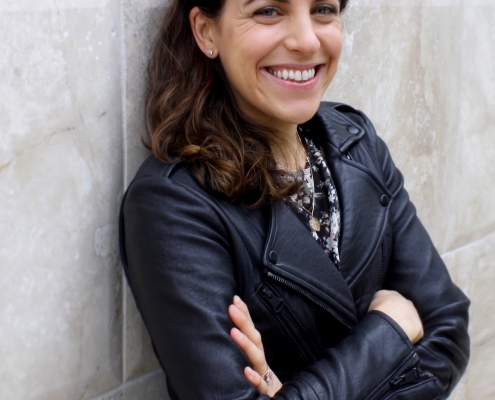
UCLA Sociologist Aliza Luft Writes About the Danger of Dehumanizing Discourse
Dr. Luft co-authored a blog piece for The Washington Post's…
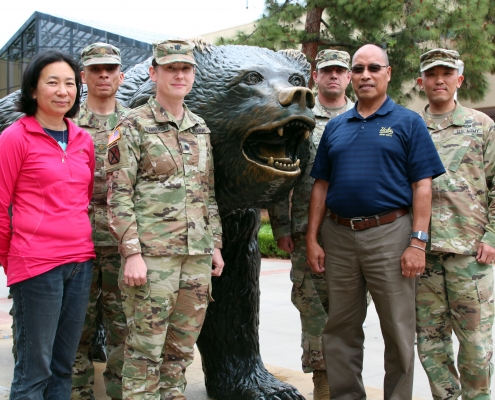
UCLA Army ROTC: Character and Leader Development at Home and Abroad
By Lieutenant Colonel Shannon V. Stambersky Professor…
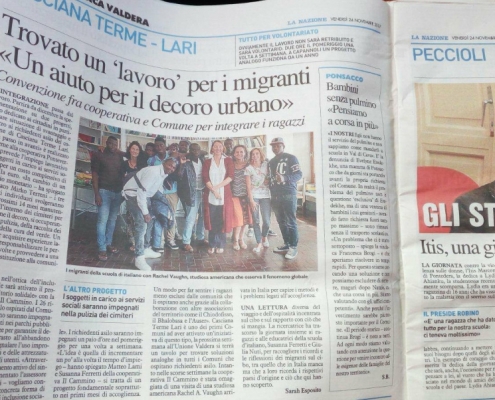
‘Divieto dare da Mangiare’: Migrant Angst & Policing the Edible in Italy
By Dr. Rachel Vaughn Assistant Adjunct Professor in the UCLA…
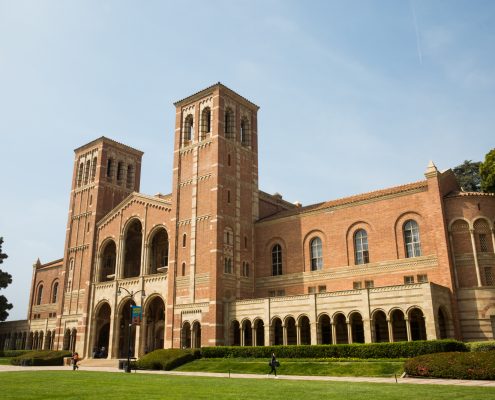
UCLA’s First Master of Social Science (MaSS) Cohort Graduates
By Lara Drasin UCLA’s new Master of Social Science…
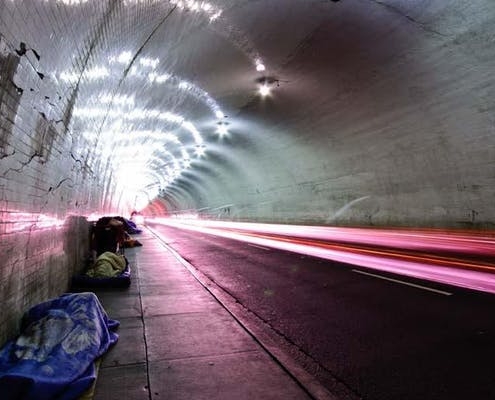
UCLA and Homelessness: See. Study. Solve. May 21-24, 2018
We call homelessness a crisis in Los Angeles because we…
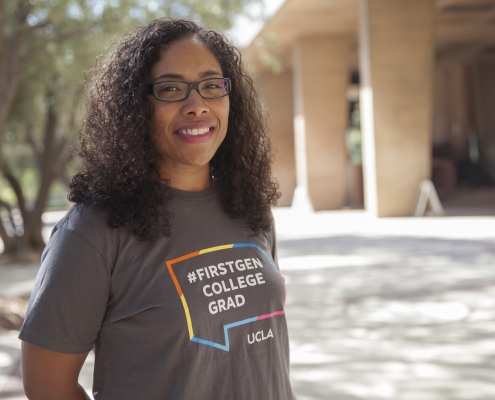
Dr. Frasure-Yokley Profiled by PBS NewsHour for Her Work with UCLA’s First-Generation College Students
May 16, 2018 Dr. Lorrie Frasure-Yokley, Associate Professor…

Dr. Lytle Hernandez and Million Dollar Hoods to be Honored with Freedom Now Award on June 16
May 15, 2018 Professor Kelly Lytle Hernandez and Million Dollar…

Why Trump Can’t Have Tariffs and More Restrictions on Immigration
By Margaret E. Peters Assistant Professor, Political Science The…
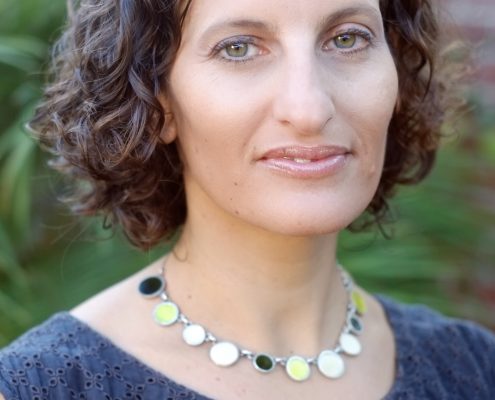
Coming Out and “Outing Pigs”
By Abigail C. Saguy Professor of Sociology, UCLA In…

